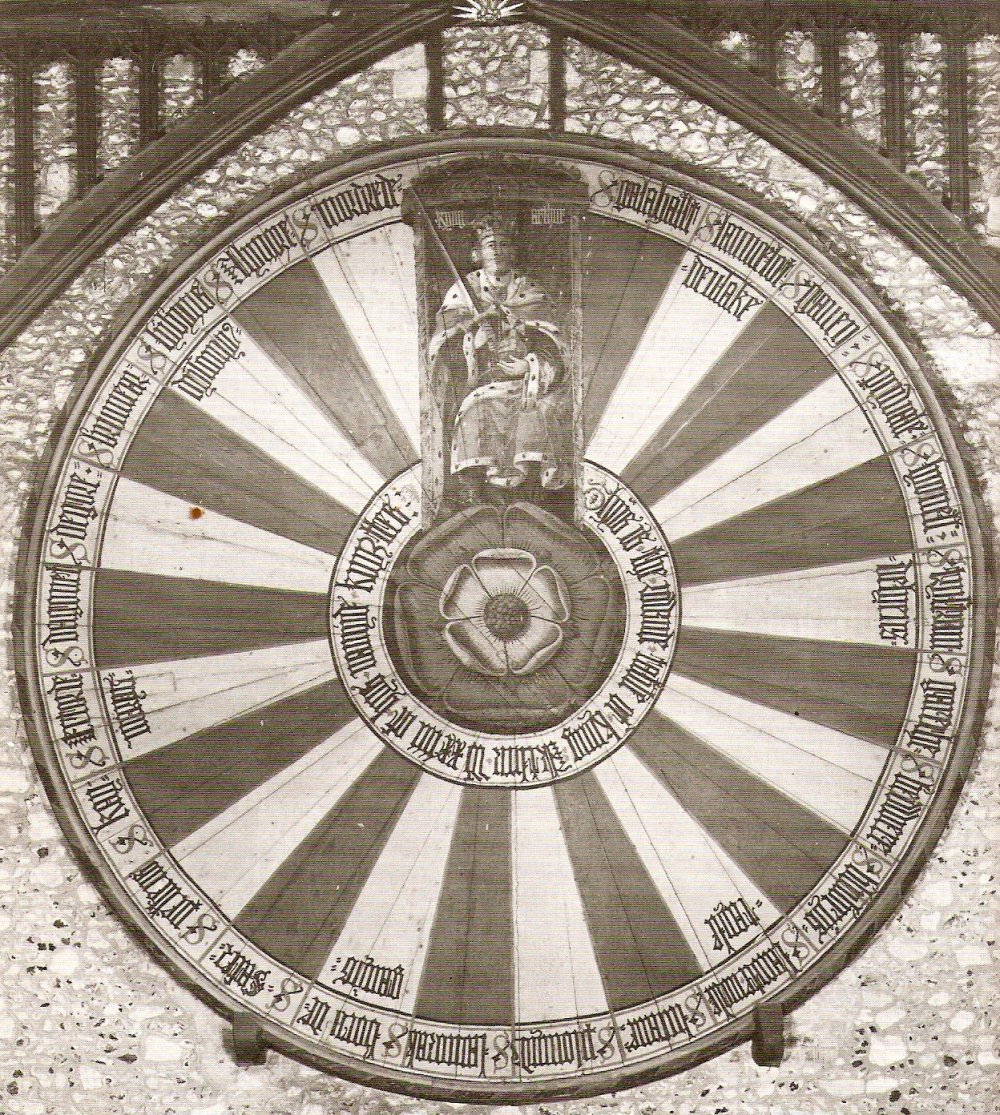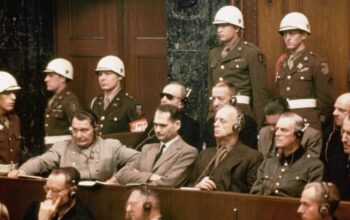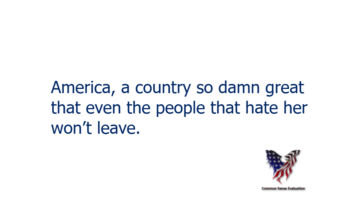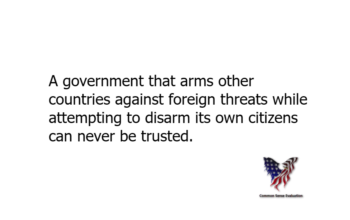Throughout history, secretive organizations have captivated the imagination of many. One such group that has garnered attention and sparked countless conspiracies is the Round Table Group. With its origins rooted in the late 19th century, the Round Table Group has become a subject of fascination and speculation. This article aims to explore the history, objectives, and some of the conspiracies surrounding this enigmatic organization.
The Historical Origins
The Round Table Group was founded in 1891 by British imperialist Cecil Rhodes, who made a fortune in mining and diamond industries in Southern Africa. Rhodes envisioned a secret society that would work towards promoting the British Empire and furthering its influence across the globe. The group took its name from King Arthur’s legendary round table, symbolizing equality and collaboration.
Objectives and Influence
The primary objective of the Round Table Group was to maintain and expand the British Empire’s dominance. The members, consisting of influential figures from various fields, aimed to achieve this through a strategy known as “Anglo-Saxonism.” They sought to unite the English-speaking nations, including Britain, the United States, Canada, Australia, and New Zealand, to form an unbreakable alliance.
The Round Table Group played a significant role in shaping British foreign policy, particularly during the early 20th century. It exerted its influence through various channels, including influential think tanks, educational institutions, and political lobbying. The organization was instrumental in establishing the Royal Institute of International Affairs (RIIA) in London and its American counterpart, the Council on Foreign Relations (CFR), in New York City. Both institutions have since played pivotal roles in shaping global affairs and policy.
Conspiracies Surrounding the Round Table Group
As with any secretive organization, the Round Table Group has attracted its fair share of conspiratorial claims. Here are a few notable theories:
- Global Domination: According to this theory, the Round Table Group is purported to be an elitist organization striving for global domination through control of world governments, economies, and resources. It alleges that the group influences key decision-makers and orchestrates events to serve its own interests.
- New World Order: This conspiracy theory suggests that the Round Table Group is part of a larger plan to establish a “New World Order.” It claims that the organization aims to create a unified global government, eroding national sovereignty and individual freedoms in the process.
- Manipulation of World Events: Some theories suggest that the Round Table Group plays a clandestine role in orchestrating significant world events, such as wars, financial crises, and political assassinations. Proponents of these theories argue that the organization operates behind the scenes, pulling the strings of power.
- Secretive Control of Media: Another conspiracy alleges that the Round Table Group controls mainstream media outlets, allowing it to shape public opinion, suppress dissent, and control the dissemination of information.
The shadows cast by the Round Table Group stretch far and wide, leaving a trail of suspicion, manipulation, and hidden agendas. While its stated objective was the maintenance of the British Empire’s dominance, there are darker theories that suggest a more sinister motive.
Conspiracy theories surrounding the Round Table Group paint a grim picture of a clandestine organization seeking nothing less than total global control. These theories propose that the group manipulates world events, controls governments and economies, and molds public opinion through its influence over mainstream media. The idea of a hidden elite orchestrating wars, financial crises, and political assassinations to further their own agenda is chilling, to say the least.
The concept of a “New World Order” emerges from the shadows, suggesting that the Round Table Group is just one piece of a larger puzzle—a puzzle that aims to dismantle national sovereignty, erode personal freedoms, and establish a monolithic global government. The implications of such a scenario are dystopian, where individual autonomy is crushed, dissent is silenced, and power lies firmly in the hands of a select few.
While it is vital to approach conspiracy theories with skepticism and critical thinking, dismissing them entirely would be a disservice to the pursuit of truth. The influence wielded by secretive organizations is undeniable, and history has shown that power often rests in the hands of a privileged few. The Round Table Group, with its web of connections and far-reaching influence, remains a compelling subject of speculation, inviting us to question the forces that shape our world.
In the end, the Round Table Group serves as a reminder that the pursuit of power and control can lead down dark paths. As we navigate the complexities of global affairs, it is crucial to remain vigilant, question the motives of those in positions of influence, and strive for a world where transparency, justice, and individual liberties prevail.



